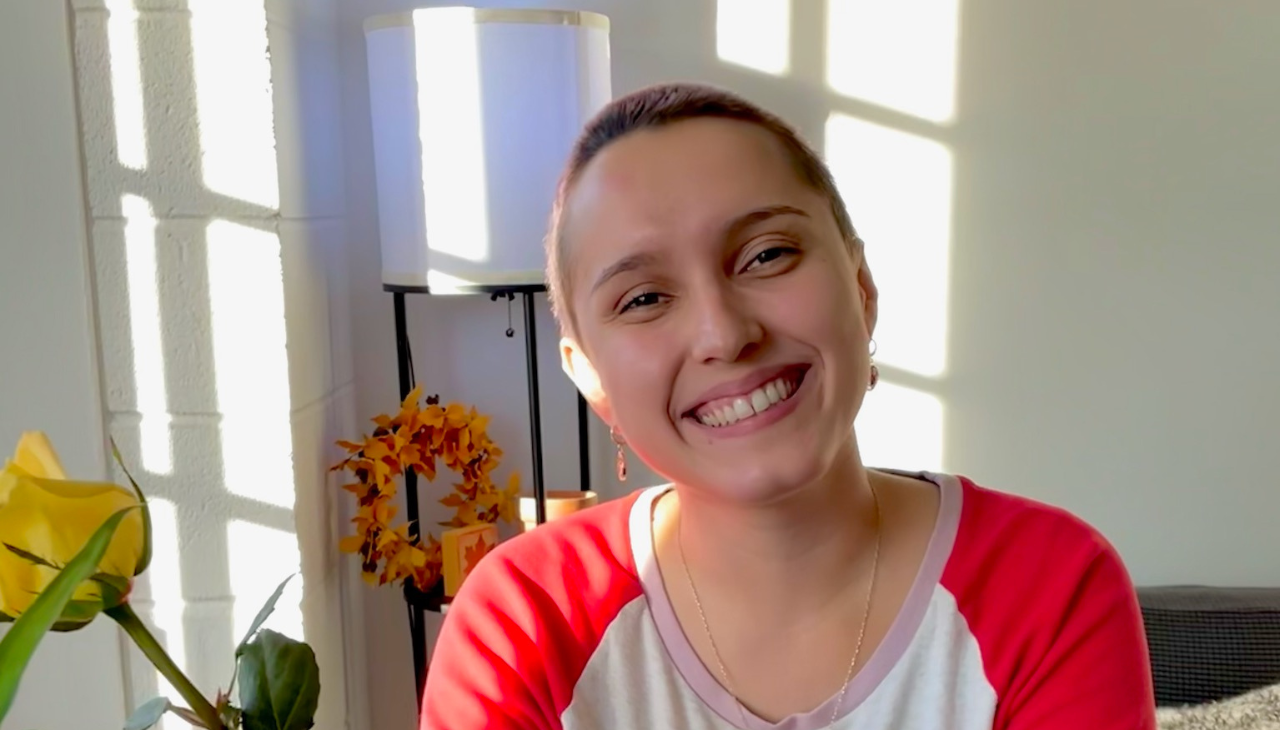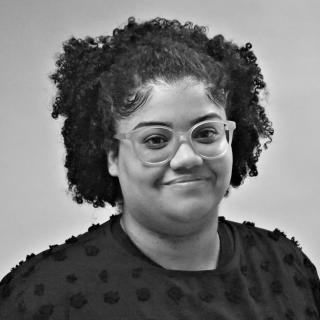
Mexican identity in times of oppression
Valentina Wey's thesis explores how Mexican-Americans categorize themselves based on the oppression they've faced in the past.
Originally from Mexico, Valentina Wey grew up in South Texas by the border. Daughter to a Mexican mother and an American father, she was raised understanding the complexities of both cultures.
Wey was in high school during the Trump administration—a time her teachers used to compel the high schooler to educate herself on the policies that affect immigrants like herself.
Referencing her hometown, McAllen had a “zero tolerance” immigration policy where families crossing the border illegally were separated, prompting her involvement in immigration justice and her academic journey at Villanova University.
“I wanted to be able to give back to other immigrant communities who weren’t as fortunate as I was to be able to come to the U.S. and not be hated for it,” said Wey, who volunteered with different nonprofit organizations and interned with VU’s law school pro-bono cases interpreting for the Latin American clients for a year.
Valentina is majoring in Cultural Studies with double minors in Arabic Language and Culture and Latin American Studies because it would allow her to understand how people think and where they come from. Also, the disparities in policies depend on the region—something she wants to learn how to address.
Wey is already fluent in Spanish and wanted to choose a language widely spoken in different countries. Arabic, a language she feels will give her that opportunity—a connection only achieved through the power of language—belonging and acceptance that allows for open dialogue and the continuation of building trust among that community.
The Latin American studies minor is to keep herself informed about the ever-changing situations, something she says is a lifelong journey of active learning.
A voyage she almost embarked on to Jordan, but the COVID-19 pandemic affected those plans. However, she traveled to Cyprus and had exposure to a different culture.
She explains that even if she does not travel to the Middle East, “just being able to interact with people who speak Arabic and Spanish, and serving them, in a language that they are comfortable with and understand,” is enough for her.
Campus Involvement
Valentina’s involvement with VU Pride (LGBTQ+ student group) started freshman year, but queer people of color didn’t want to get involved because it was a “white space.”
She took time to foster relationships with queer people of color and eventually made the club official, the Queer People of Color (QTPOC), a space to find community on campus.
RELATED CONTENT
Valentina is also involved with Campus Ministry, Levantate, which provides Spanish masses on campus—something she was involved in Texas. She had a small partnership between the Hispanic Ministry organization and VU Pride for the day of the dead, where they had a place for queer people who had died and contributed to the queer community.
Thesis: Mexican oppression and immigration
After taking a course in Southern Mexico and reading a compilation of essays, Wey was fascinated by an indigenous Mexican essay and learned that in Mexico, what dictates if you are indigenous is your ability to speak an indigenous language.
She shares, “Mexicans were forced, categorized in the past. It is impacting. So how we choose to identify and feel capable enough of identifying— I wonder how that is in the Mexican-American community.”
Valentina is still exploring identity concepts in California and Texas Mexican-American populations. However, she will explore Mexican descendants who identify as Mexican or Mexican American and why they identify as such. In other cases, Mexican descendants identify as Hispanic, which she will be researching more about.
Advice for Students
Her advice for students is to get involved and not be afraid of asking questions that might seem “silly” because fear kept her from seeking help regarding career choices.
She soon learned the importance of joining clubs and organizations and getting a job in different offices on campus. And an opportunity that allowed Wey to apply to the Villanova Public Administration graduate program with the intent of working in nonprofit management, contributing to immigration reform.











LEAVE A COMMENT:
Join the discussion! Leave a comment.